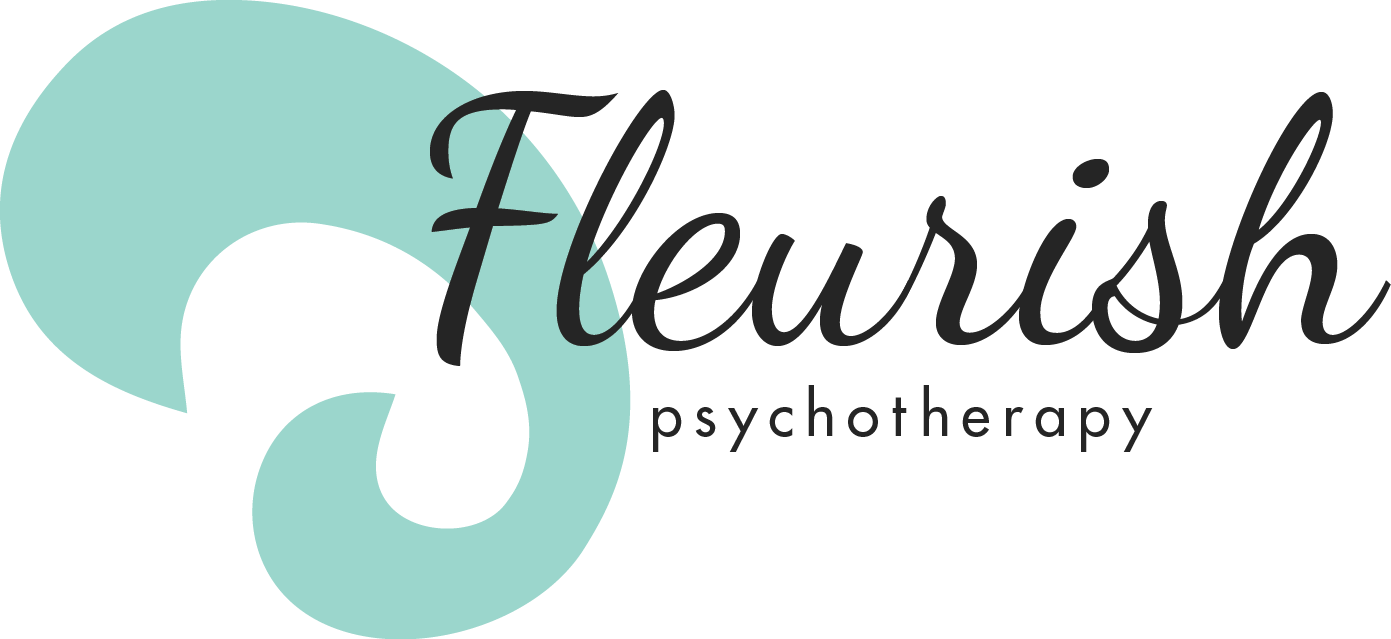Let’s Talk About Talking. What is Talk Therapy?
I often get the question “What is psychotherapy?” In essence it’s similar to mental health counseling or talk therapy. What actually happens in the process of this type of therapy is often misunderstood. As a therapist, I frequently hear about feelings of shame and weakness associated with coming to psychotherapy. Issues and concerns are put on the back-burner until a crisis occurs. Unfortunately, and for various reasons, many people suffer for extended periods of time before seeking professional help. While I would certainly love to demystify and clarify mental health treatment as a whole, this article is only one step of that long journey. Here I hope to reduce the stigma attached to seeking mental health treatment by highlighting some of the many benefits of talk therapy/psychotherapy.
ALLEVIATE PROBLEMS
People are much more likely to ask for help when it comes to physical distress compared to emotional pain. If you are experiencing a sore throat or fever that is not going away after trying various remedies, chances are you would go to the doctor. Generally, relief follows proper treatment! Psychotherapy is similar. Many people seek out a therapist because they have been hurting and wanting improvement in their lives. Talk therapy can help shed light on individual strengths, help bolster coping skills, help provide additional resources, help you understand barriers and help offer both hope and support. While the ingredients of therapy differ for everyone, there is a recipe that can help most!
COPE BETTER
Talk therapy requires sharing thoughts and feelings. If our emotions are bottled up they can negatively influence our behavior and mood – which can dictate how we cope and act. But once we understand an issue we can get clear about our choices, and when we have more choices, we feel less stuck. Our mood is positively affected when we start to make different decisions in our lives -- decisions that leave us feeling better than previous ones and that create a refreshing cycle of improved well-being. Additionally, confiding in someone (your therapist!) who is both supportive and objective is a form of coping that can take some of the heaviness away, resulting in our feeling better!
LONGER LASTING BENEFITS
Progress gained in psychotherapy can be long-lasting. When it comes to anxiety, mood, and relationship concerns, research has shown that progress gained through talking with a therapist persists over time when compared to no treatment or a medicinal-only approach. Yes, hard work may be involved, as sorting through our feelings, gaining new perspectives, and overcoming thought patterns are complex tasks. Finding a professional to confide in with such private pieces of your life also requires an investment of time, finances, and strong emotions (to name a few!). Nevertheless, talk therapy can be life changing!
LEARN MORE ABOUT YOURSELF AND OTHERS
In a nutshell, therapy is a place to learn more about yourself. Learning more about your thought patterns, relationships, and feelings fosters understanding, which in turn allows us to make effective changes in our life. It can be very difficult to change things we do not understand. As we begin to understand our emotions and patterns of coping, the more clearly we can see other ineffective patterns, not only in ourselves, but in other people. Effective therapy enhances self-awareness and can improve your understanding of others, thus improving your relationships.
Talk therapy is not what you often think. It is a lot more! I hope that this helps to give you a glimpse into what talking with a professional therapist can offer. If you have any other questions about what therapy is please feel free to be in touch!

